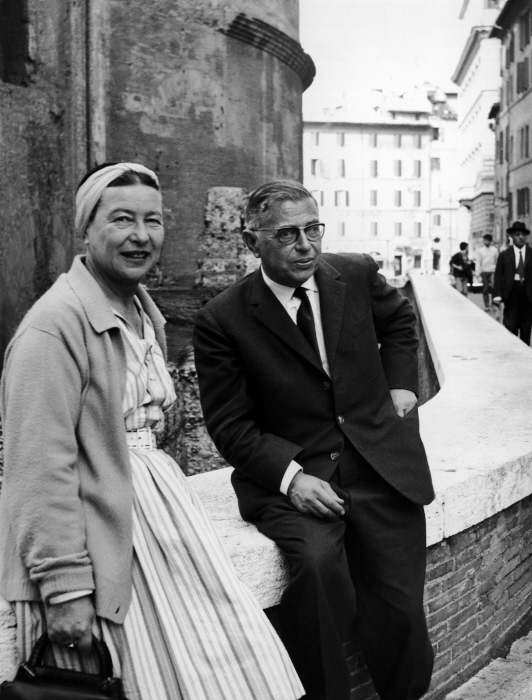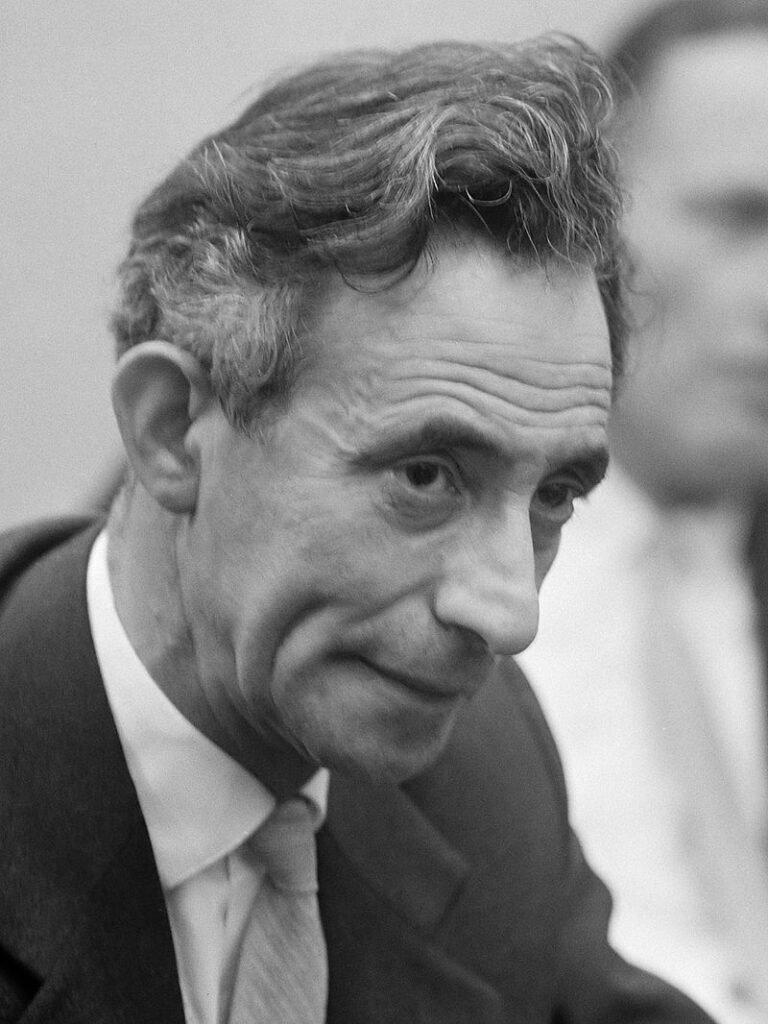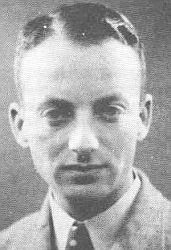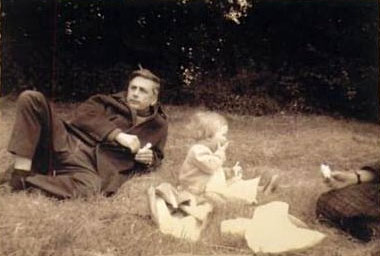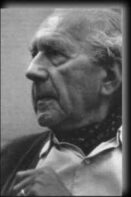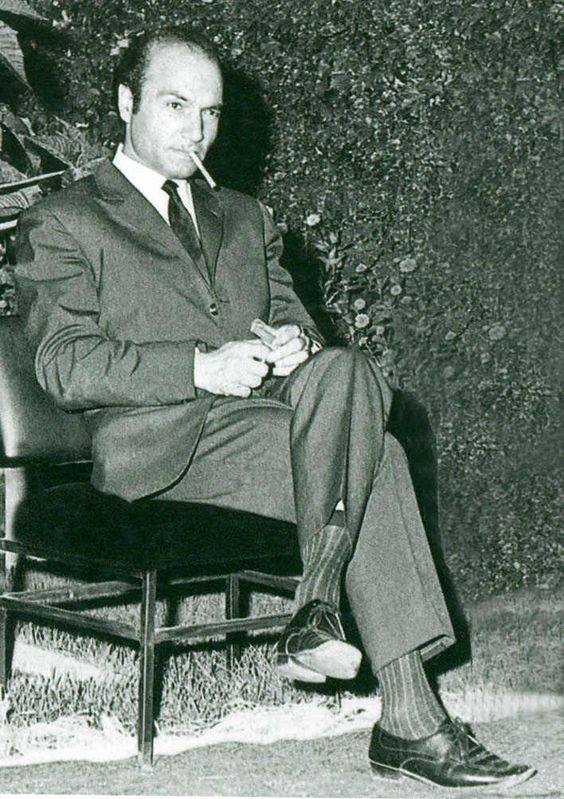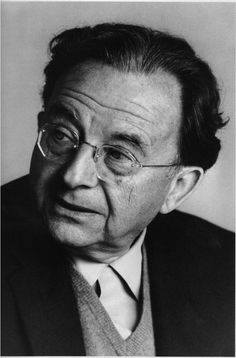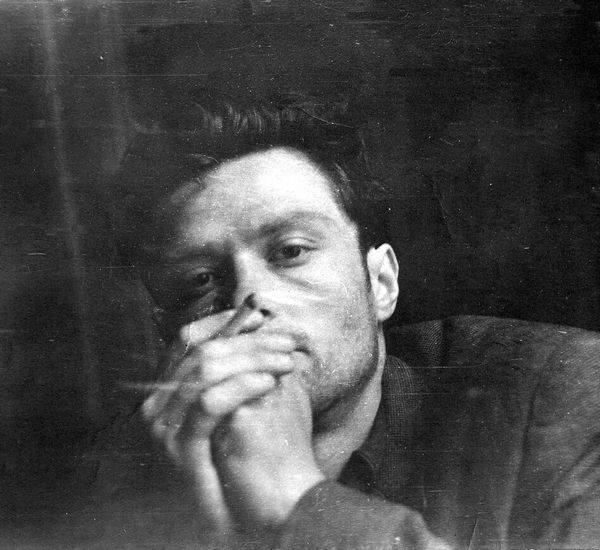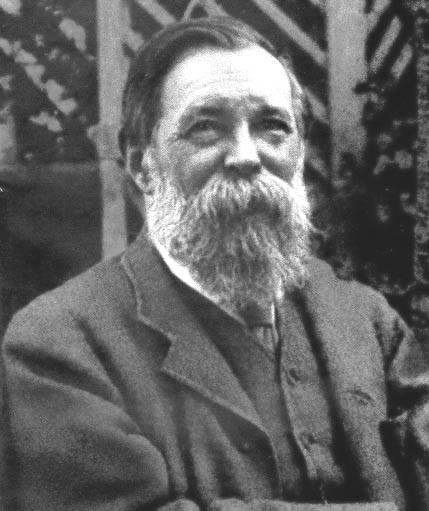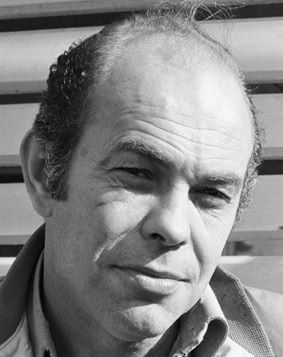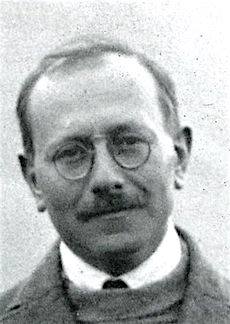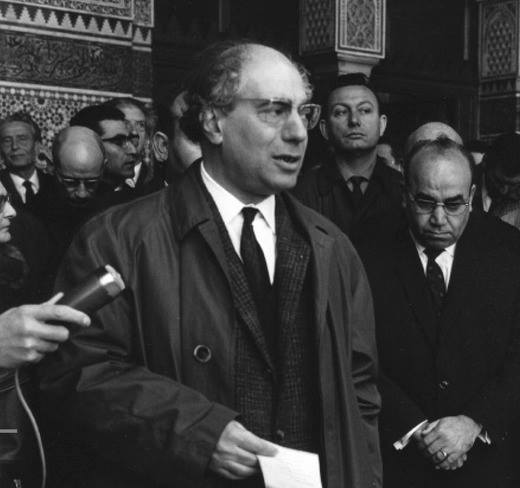Figures
Sartre and his Critique of Dialectical Reason
In his Critique of Dialectical Reason, Sartre recasts Marx’s notion of alienation as our experience of the practico-inert. Alienation, Sartre suggests, is our ‘experience of the materialised result’. ‘It is no longer the positive moment in which onedoes, but the negative moment in which one is produced in passivity by what the practico-inert ensemble makes out of what one has just made’ (vol. 1, p. 337). If we say, the worker produces capital, then that is simply a shorthand way of saying what Sartre has just said. ‘What one has just made’, the product of one’s labour, becomes capital (a commodity that belongs to the capitalist) thanks to capital (thanks to a ‘practico-inert ensemble’ which is the accumulation of capital and the system bound up with it). As a wage labourer the worker is a ‘worked Thing’ (p.325), and as capital ‘worked matter’ is the ‘inert meaning of the worker’ (p. 328).
Benjamin Aäron Sijes
Much of the work of Dutch historian Benjamin Aäron Sijes (1908-1981) revolved around the Second World War. He wrote about the persecution of Roma and Jews by the Nazis, forced labour of Dutch workers during the occupation and the February strike of 1941 that broke out in protest against the anti-Semitic measures of the occupiers.
Nico (Niek) Engelschman
Nico (Niek) Engelschman (1913-1988) was a Dutch actor, resistance member, and pioneering gay-rights activist. During the Nazi-occupation, members of the socialist group around the journal De Vonk (The Spark) met at his house. Together with his brother, Engelschman helped several Jews escape deportation by finding hiding places for them. He would later play down his activities during the occupation.
Chris Pallis/Maurice Brinton
‘The concept that society must necessarily be divided into “leaders” and “led”, the notion that there are some born to rule while others cannot really develop beyond a certain stage have from time immemorial been the tacit assumptions of every ruling class in history. For even the Bolsheviks to accept them shows how correct Marx was when he proclaimed that “the ruling ideas of each epoch are the ideas of its ruling class”.’
Alfred Sohn-Rethel
Alfred Sohn-Rethel (1899–1990), who in his major work Intellectual and Manual Labour, completed in 1951 but published two decades later, argued that the ‘real abstraction’ of exchange is the true origin of abstract (mathematical) thinking and, through that, of scientific thought more generally. Thus, the evolution of money and that of science run parallel to each other, both beginning in archaic/classical Greece with the invention of coinage c.680. This thesis, of ‘the secret identity of commodity form and thought form’, remains unique in being the only major attempt to integrate epistemology into historical materialism via Kant, or the problem Kant poses in theCritique of Pure Reason, and Marx’s theory of value. (For later development on broadly similar lines see Richard Seaford,Money and the Greek Mind (2004) and R. W. Müller,Geld und Geist (1977))
Ali Shari‘ati (1933–1977)
Looking at him you’d scarcely guess that this suave figure inspired a whole generation of Iranian youth to turn to radical Left politics which included the kind of insurrectionary politics associated then with the Mojahedin-e Khalq, an armed struggle group that sought to reconcile a modernist version of Islam with left-wing ideas of social justice and anti-capitalism.
Erich Fromm
Erich Fromm (1900–1980), German-American social psychologist and philosopher, and a fine exemplar of the Weimar psychoanalytic Left. The Frankfurt Institute’s massive survey of German working-class attitudes was led by Fromm, but in 1930 when the survey was conducted ‘The questions failed to register anti-semitism or ethnocentrism; the staff did not yet appreciate how important these sentiments were to Hitler’s appeal’, says his biographer Lawrence Friedman (The Lives of Erich Fromm, p. 42). This would change radically in the next few years as Fromm developed a deeper understanding of the real groundwork of fascism.
Evald Ilyenkov
Evald Ilyenkov (1924–1979), the brilliant Russian philosopher whose suicide in March 1979 was directly linked to his growing isolation and ostracism in more orthodox academic circles in Russia. One source refers to a ‘witch hunt’ against him.
Friedrich Engels
In 1865 Marx had a passing fit of pedological materialism. The French naturalist Pierre Trémaux published a treatise explaining human variety in terms of soil characteristics. Marx was actually impressed by this and said ‘It [Trémaux’s theory] represents a very significant advance over Darwin [!!]…For certain questions such as nationality, etc., only here has a basis in nature been found’. Luckily for all of us, as Nairn points out, Engels quickly ‘managed to cure Marx of the aberration’.
Jacek Kuroń
Jacek Kuroń (left; 1934–2004) and Karol Modzelewski whose arrest, trial and imprisonment in Poland in 1965 contributed to the radicalisation of a whole generation of Polish students in the sixties and to the student strikes of 1968.
Marc Bloch
Marc Bloch (1886–1944) – with the glasses – who was professor of history at the universities of Strasbourg (1931–1936), the Sorbonne (1936–1939) and Montpellier, and among the most fascinating historians of the twentieth century. He served in both world wars and even wrote a scathing political critique of the French defeat in the Battle of France in 1940, a first-hand account called L’étrange défaite (Strange Defeat) which explains why the government and ruling class were to blame. After the armistice (June 1940), Bloch returned to France, to the unoccupied southern zone where he joined the resistance at Montpellier. He was arrested by the Gestapo in March 1944, tortured and eventually shot on 16 July. This was, as Febvre says, ‘the day after the landings in Provence, when [the Nazis] were ‘emptying’ the prisons by carrying out mass killings of patriots’.
Maxime Rodinson
Maxime Rodinson (1915–2004), the great French Orientalist, Marxist sociologist, author (most famously) of Muhammad (1961) andIslam and Capitalism (1966). Born in Paris to radical Jewish working-class parents, Ashkenazi Jews, who were among the earliest members of the French Communist Party in 1920. They were both murdered in Auschwitz in 1943. Rodinson himself was a member of the party from 1937 to 1958 when he was expelled, having repudiated its evasive stance on Zionism and “exasperated by the restrictions imposed on our thought and research by the intellectual and other cadres of the party”. (In France in the fifties, he says, “it was impossible to publish an article or book, or to make a film, in which the Arabs appeared as at least having some grounds for complaint about Zionist Jews”. The Communist Party refused to rock this boat for fear of losing votes.)
